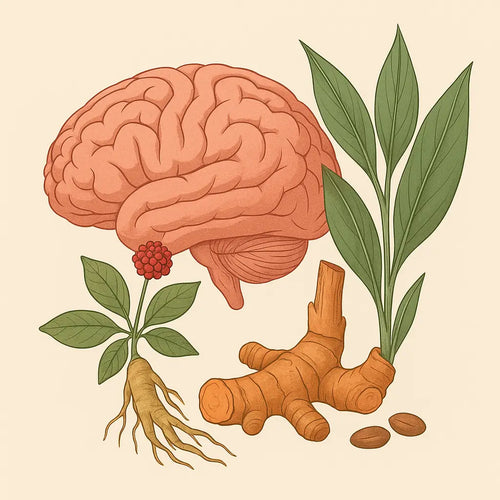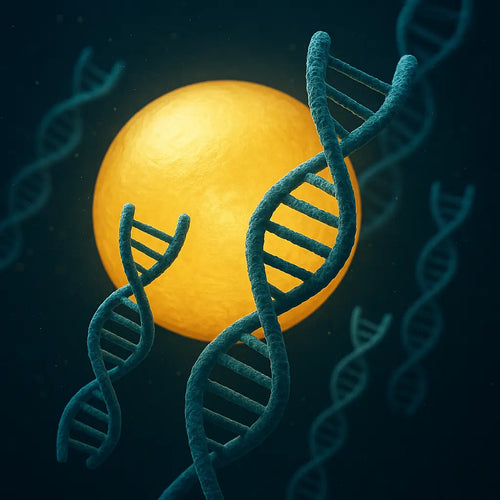
Aging is associated with a marker related to a mitochondrial defect. The mitochondria are the energy producing entities of the cells.
Glutathione is a very effective antioxidant the body is making, and it affects a lot of functions.
As we get older, we produce less glutathione. The following study investigated the effect of glutathione deficiency comparing elderly glutathione deficient participants with young non deficient individuals (Nguyen d, et al., 2013).
The researchers found that chronic glutathione deficiency in elderly humans was associated with a decrease of the marker related to mitochondrial defects and insulin resistance. They also found that these defects were reversed with restoration of the glutathione.
The researchers suggested that supplementing with precursors for glutathione could provide significant metabolic benefits.
We now also know that supplementing with an effective form of glutathione like S-Acetyl Glutathione is more effective than providing precursors.
Reference:
Nguyen D, Samson SL, Reddy VT, Gonzalez EV, Sekhar RV. Impaired mitochondrial fatty acid oxidation and insulin resistance in aging: novel protective role of glutathione. Aging Cell. 2013 Jun;12(3):415-25.

Glutathione is your primary defense against aging.
As we get older, our cells begin to lose their ability to repair themselves. We make less glutathione, and we actually need more. In certain conditions, younger people may need more glutathione as well.









